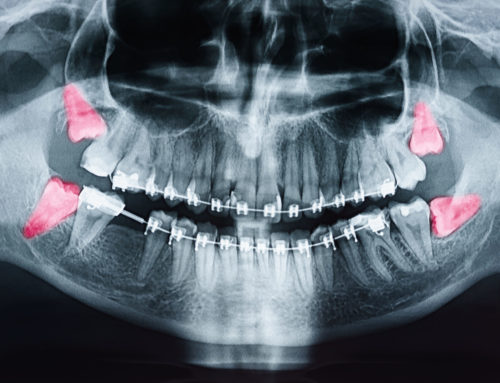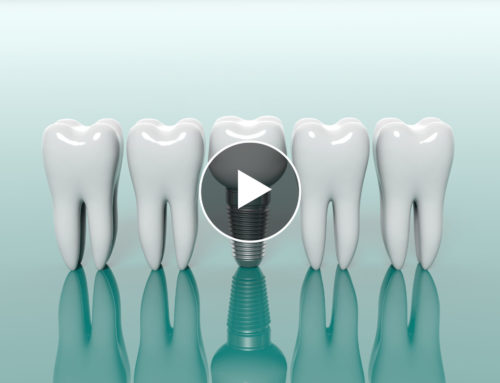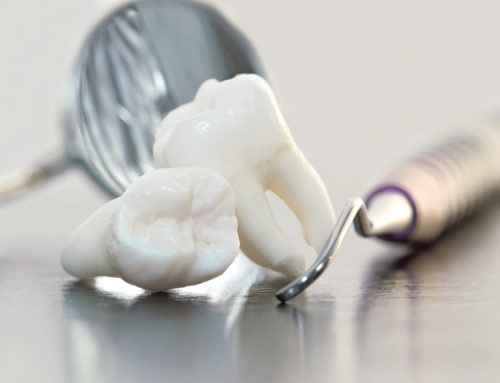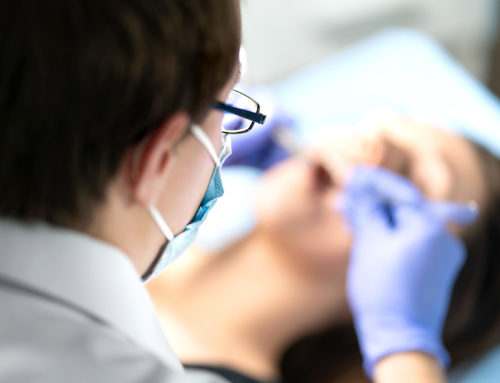Dental extractions involve the complete removal of a broken or decayed tooth that is irreparable. Experienced dental practitioners often resort to this procedure after considering other alternatives, including crowns and fillings. However, when there are no other options, the tooth has to come out to prevent further dental complications.
The oral maxillofacial surgeons of OMSH in Houston provide insight on several important questions that patients should ask when it comes to dental extractions. Read on to learn more.
-
Why Would I Need Dental Extractions?
Some of the reasons for pulling a tooth include:
– Tooth decay
– Broken tooth
– Wisdom teeth growing improperly
– Crowding
– Infection
The most common reasons for dental extraction are improper growth of wisdom teeth and dental crowding. In both cases, the wisdom tooth that is trying to emerge onto the gum line begins to affect the rest of the adjacent teeth. If the tooth isn’t removed, exacerbation will take place over time, and can eventually turn into gum disease and other serious oral conditions.
With a  broken tooth or dental trauma, highly-trained oral surgeons will carefully remove the remaining pieces to prevent further complications. Tooth removal may also necessitate the insertion of a high-quality dental implant to not only help preserve bone, but to also securely restore the functionality of your mouth. However, the type of tooth involved, the condition of gums and dental bone, and the location of the tooth will all have an impact on what the oral surgeon will best recommend.
When tooth decay damages the tooth structure, little can be done to avoid extraction. The same applies to cases involving gum disease, which compromises the structural integrity of dental bone.
-
Are There Different Types of Extractions?
Yes! Oral surgeons will apply one of two types of tooth extractions: simple or surgical dental extraction. The simple procedure is applicable when the tooth is very loose and ready to simply be pulled with minimal risk for complications. Most general dental practitioners handle simple extractions.
A surgical extraction will require an oral surgeon or oral maxillofacial surgeon to make a small incision into the gums to remove the impacted wisdom tooth, or one that is half emerged and still rooted under the gum line.
-
Is There Preparation Involved?
Before extracting the tooth, the dental practitioner will take an X-ray to determine the best technique to remove the problem tooth. He or she will also consider the patient’s medical history to ensure minimal risk and complications. X-rays effectively identify any complications, such as the presence of an infection or tumor prior to having the surgery.
-
What are the Risks and Complications Involved?
Common complications include risk of infection, temporary pain, and possible dry socket – all of which can be avoided when patients properly follow their aftercare instructions. After a surgical dental extraction, patients are given prescribed antibiotics and painkillers to prevent infections and to reduce temporary pain.
During a simple dental extraction, patients may be given a couple of minor instructions, like not using a straw for a day and taking OTC meds if there is any pain; these instructions will help to ensure the gums have proper time to heal. Overall, the risk of developing complications is very low, and most patients recover well after their recommended downtime.
-
What is the Recovery Period or Downtime Like?
Each patient’s downtime and recovery period is determined by the type of procedure performed, as well as the patient’s medical history. For simple extractions, patients have little downtime, averaging 24-48 hours to allow the clot in the socket to do its job in the healing process. For surgical removals, downtime is longer, and may last up to a full week, depending on the type of surgery and tooth removed. Overall, a proper recovery process and following instructions are both required to allow gums to properly heal.
-
Will My Surgeon Provide Post-Op Instructions?
Yes! Patients should heed the dental surgeon instructions to ensure faster healing. It especially helps to have another responsible adult to help ensure the patient correctly follows instructions during the recovery process.
-
Who Offers the Best Care for Dental Extractions?
The Oral maxillofacial surgeons of OMSH can professionally handle any aspect of oral surgery thanks to advanced medical and dental training, and years of experience. They perform different types of oral surgery, including dental extractions. Patients can have peace of mind knowing that a highly trained practitioner handles the extraction. After a tooth extraction, dental implants are also available as the best option for replacing a missing tooth. Contact OMSH at tel:832-509-4505.






